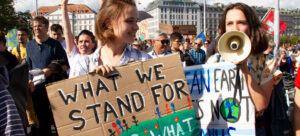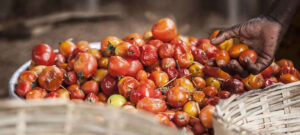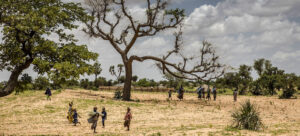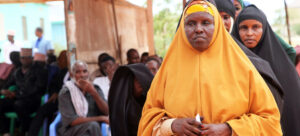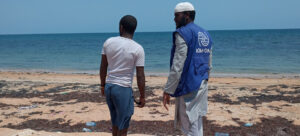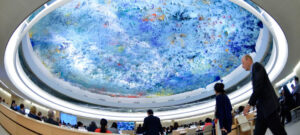Hundreds of delegates from across the world are taking part in the meeting, which is a precursor to the UN COP26 climate change conference in Glasgow, Scotland, in November.
‘Code red for humanity’
“Young people have been in the forefront of putting forward positive solutions, advocating for climate justice and holding leaders to account. We need young people everywhere to keep raising your voices,” he said in a video message.
The Secretary-General described the climate emergency as a “code red for humanity”, with the poorest and most vulnerable already hardest hit.
“The window of opportunity to prevent the worst impacts of the climate crisis is closing quickly. We know what needs to be done and we have the tools to do it,” he said.
Deliver on promises
Mr. Guterres urged the young climate leaders to keep speaking up “for a breakthrough in building resilience and ensuring that at least 50 per cent of climate support is for adaptation to protect lives and livelihoods.”
He outlined why their voices are needed now, including to get developed countries to finally deliver on their decade-old promise to provide $100 billion dollars annually in climate finance to developing nations.
Meanwhile, Governments, businesses and investors still have yet to reduce their emissions in line with the 1.5-degree goal of the Paris Agreement, another area for youth advocacy.
The target means countries must commit to achieving net-zero greenhouse gas emissions by the middle of the century, and clear plans to achieve them.
‘A powerful example’
The Secretary-General commended the Italian Government – which holds the co-presidency of COP26 with the United Kingdom – “for providing this global stage for young people to engage directly with policy-makers.”
He thanked young people for contributing ideas and solutions in advance of the UN climate conference.
“Your solidarity and demands for action set a powerful example,” he said. “We need national leaders to follow your example and ensure the ambition and results we need at COP26 and beyond.”
